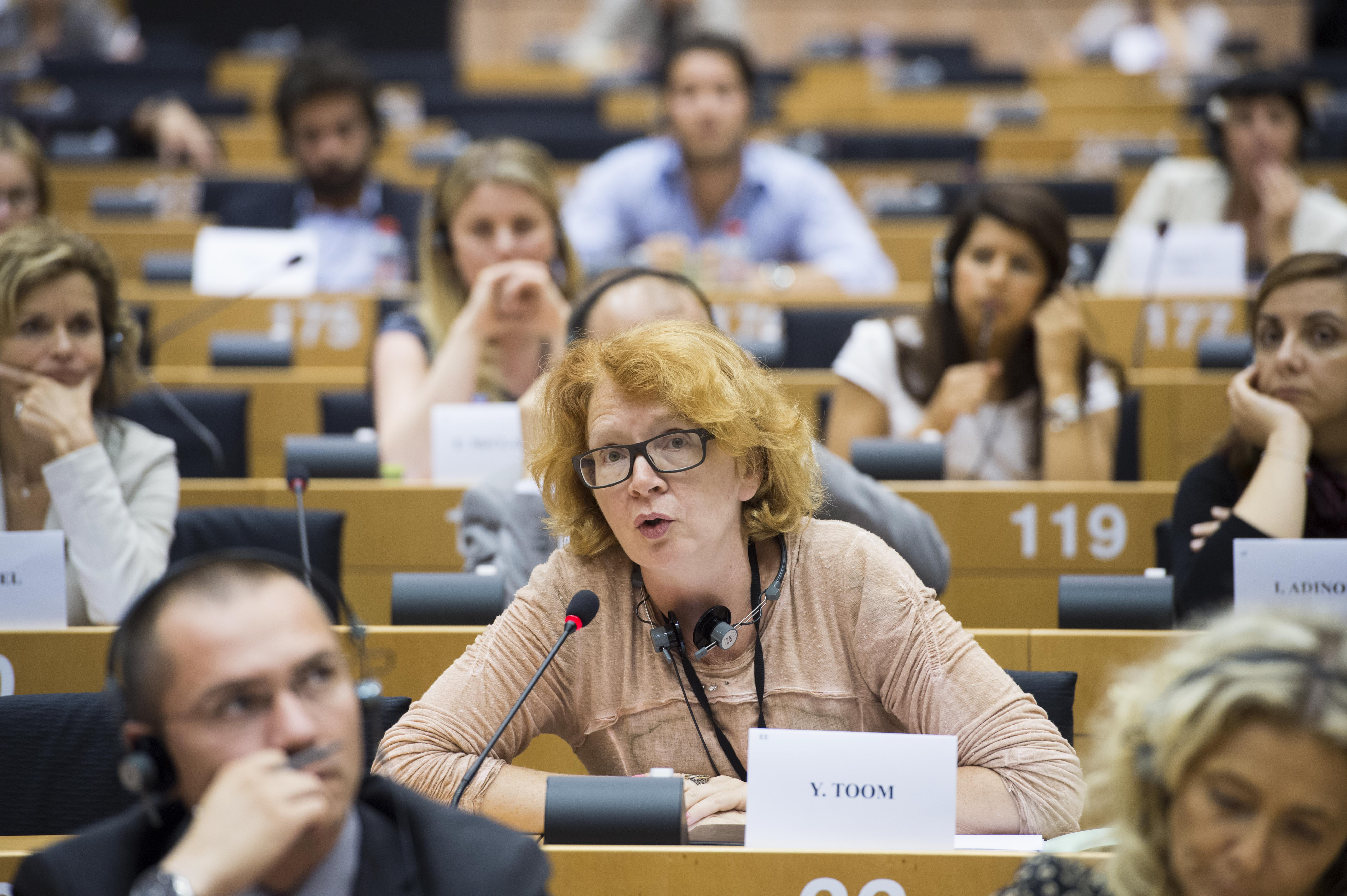Why am I in the European Parliament?
In politics, two main topics – social matters and discrimination – have always been close to my heart. However, as a Member of the European Parliament I am not only involved in what interests me, but also in what is necessary. I, for example, have participated in the copyright battle, i.e. I have fought against European directives that are ill-conceived in my opinion. In March 2019, my office held a conference entitled “Will the directive on copyright destroy the open internet?”
Still, what I feel is most important is the fight against discrimination, including undefined citizenship and the right of the Russian minority in Estonia to receive education in their mother tongue. And, of course, social policy, including (today) the European minimum wage and the Just Transition Fund for the green economy. These topics are sensitive as nobody has changed the principle of subsidiarity in the European Union, which does not allow Brussels to interfere in the citizenship and social policies of Member States. This, though, does not mean that nothing can be done: for example, the EU approved the European Pillar of Social Rights, and Ursula von der Leyen of the European Commission unswervingly holds to her social values.
For many, these ideas are repellent because they presuppose federalisation. I do not see anything awful in it. Quite the opposite: I am personally for European federalisation and I strongly believe that this is the only path of development for the European Union. As stated in the 1957 Treaty of Rome, the founding document for the EU, we are an ever-closer union. Europe has its own values and the right to social protection, which also means a refusal to accept discrimination. This is what the EU is all about.

The above is the basis of my political creed: I am an advocate for respecting human rights and for an open and welcoming Estonia where people are defined by their actions and values, rather than their ethnic origin; where there is no place for discrimination and intolerance, and where it is remembered that the Estonian Declaration of Independence was meant for “all the Peoples of Estonia”.